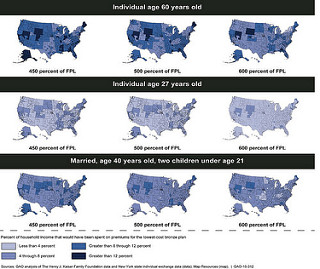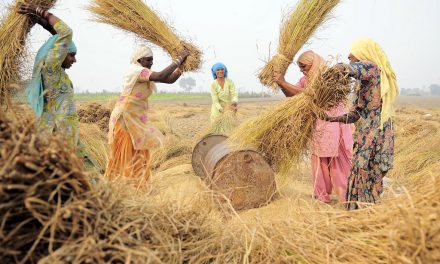Isaiah 53:10-11
Psalm 33:4-5, 18-19, 20, 22
Hebrews 4:14-16
Mark 10:35-45
One of the common central themes in our scripture readings this week is the theme of the powerful taking on the experience and concerns of the poor, the lowly, the distressed, and the oppressed. The Old Testament and Epistle readings are usually read in light of Jesus. Jesus is the Suffering Servant of Isaiah, the one who bears our guilt through his suffering [on the cross]. Jesus is also our great High Priest, the one who “sympathizes with our weakness” and who has been “tested in every way.”
Lest we be tempted, however, to turn this week’s scriptures into a pietistic focus on Jesus, the Gospel invites us to still a very different vision. We are invited to take on the suffering of Christ, “to be baptized” with Jesus’ own baptism. We are called to become the least of these, not the most powerful person, but the one who comes to serve many and suffer for many.
We are invited to get our hands messy for the sake of the kingdom, in other words.
Catholic moral teaching emphasizes the “preferential option for the poor” and to put the needs of the poor first in our lives. Pope Francis’ encyclical Laudato Si‘ is sometimes seen as an environmental encyclical, but it is also indubitably a call to live out the preferential option for the poor. No matter which angle of environmental care and concern one considers – from air pollution to fair land use to clean water to climate change – the poor are vastly and disproportionately affected. By contrast, most of us who live in the First World avoid many of the most detrimental effects of environmental degradation precisely because our use of the earth enables us to live lives of comfort away from the reality and experiences of the poor.
Pope Francis very clearly connects our use of the environment with our general worldview, a worldview that that has fostered and supported all of the evils we have encountered and decried in recent months. These are things like sexual exploitation of children, abortion, drug trade, sex trafficking, euthanasia, organized crime. Our desire to feed our own desires, as though they are relatively equal to the needs of the poor who have nothing, enable all of the above, plus environmental concerns like selling the fur of endangered creatures, deforestation, and more, is one central sin that effects all of us.
Francis writes:
“use and throw away” logic generates so much waste, because of the disordered desire to consume more than what is really necessary. We should not think that political efforts or the force of law will be sufficient to prevent actions which affect the environment because, when the culture itself is corrupt and objective truth and universally valid principles are no longer upheld, then laws can only be seen as arbitrary impositions or obstacles to be avoided. (LS 123)
This week’s scriptures, by contrast, invite us to another vision, one that understands Jesus as objective truth, whose suffering, death, and resurrection, provide another way for us to relate to each other.
I assume most of the readers of this blog come from wealthier areas of the world but all of us, regardless, are part and parcel of this world that so reorders our desires and fosters in us disordered desire for things that not God. So I suggest that where God calls us this week is to encounter people we would not normally encounter. Go to “that side” of town; frequent a place of business that is owned and/or operated by someone who is from a different racial ethnic background or immigrant status from you. Seek out some new places in our communities where some of the world’s problems are starkly evident – whether in human trafficking, in abusive situations, in environmental degradation, in the desire to be rid of infants and elderly whom we see as inconvenient. Be the neighbor who puts a phone call or a letter on hold in order to stand with someone who is suffering from an unfair situation.
And let us remember:
In the heart of this world, the Lord of life, who loves us so much, is always present. He does not abandon us, he does not leave us alone, for he has united himself definitively to our earth, and his love constantly impels us to find new ways forward. Praise be to him! (LS 245)



